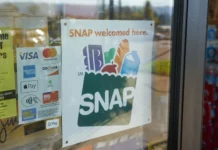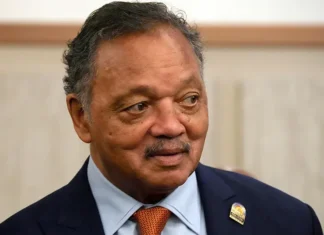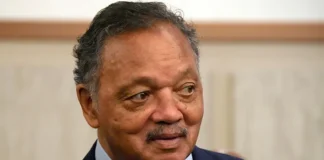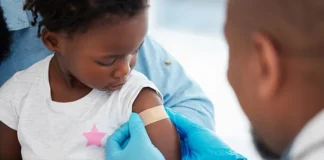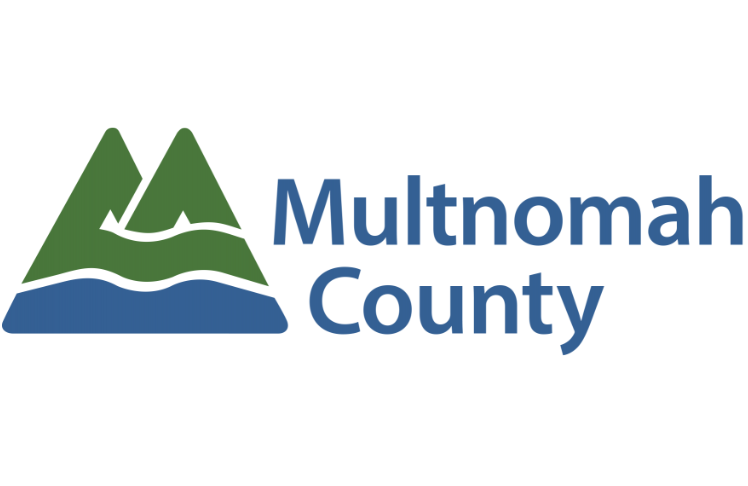
The Multnomah County Board of Commissioners will hold a series of public meetings in August to discuss Preschool for All, the voter-approved program that aims to provide free preschool for every 3- and 4-year-old in the county by 2030.
The meetings will provide updates on the path toward universal coverage, examine the economic benefits of universal preschool, and consider potential changes to the program’s tax structure. Commissioners are expected to bring forward proposals for discussion or a vote. An evening listening session will also give community members an opportunity to provide feedback.
The meeting series begins with a board briefing on August 6 from 9:30 a.m. to noon in the Multnomah County Board Room at 501 SE Hawthorne Blvd. Commissioners will review the mechanics of indexing and discuss parameters for potential changes to the tax structure for 2026.
A second briefing will follow on August 19 from 9 a.m. to noon in the same location. Topics will include the economic benefits of Preschool for All, progress toward universal coverage, impacts of proposed changes, and recommendations from the Preschool for All Technical Advisory Group.
On August 20, commissioners will hold a work session from 9:30 a.m. to 12:30 p.m. to discuss board proposals in detail. That evening, a public listening session will take place from 6 to 8 p.m., giving residents the chance to share input directly with the board.
The first reading of board proposals is scheduled for August 21 from 10:35 to 11:35 a.m. The second reading and final vote will occur on August 28 from 10:40 to 11:40 a.m. Both will be held in the Multnomah County Board Room.
Preschool for All, approved by more than 64% of voters, is entering its fourth year of providing free preschool seats to families across the county. Nearly 4,000 children will attend preschool at more than 200 locations during the upcoming school year, with most sites offering 10 hours of daily coverage for working families.
Equity remains central to the program’s expansion. Fifty-nine percent of recent applicants were from families earning at or below 350% of the federal poverty level, and 56% were for children identified as Black, Indigenous, or people of color. Participating preschools provide curriculum in 26 languages, and more than one-quarter offer language immersion programs.
A Technical Advisory Group, created under the ballot measure, is reviewing the program’s tax structure and will make financial recommendations to the board in early 2026. In the meantime, it will analyze proposals during this month’s public meetings.


